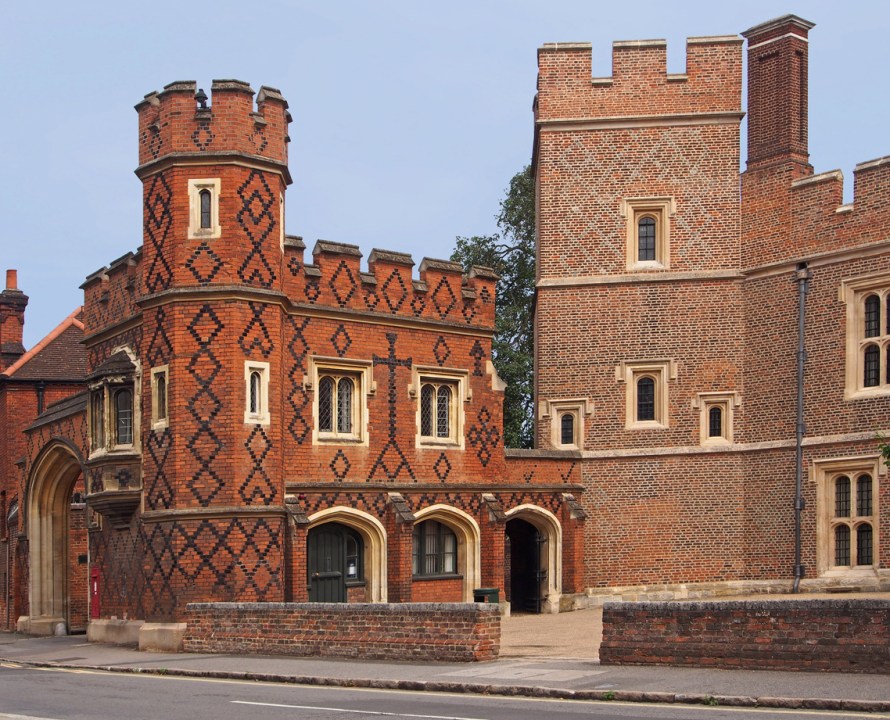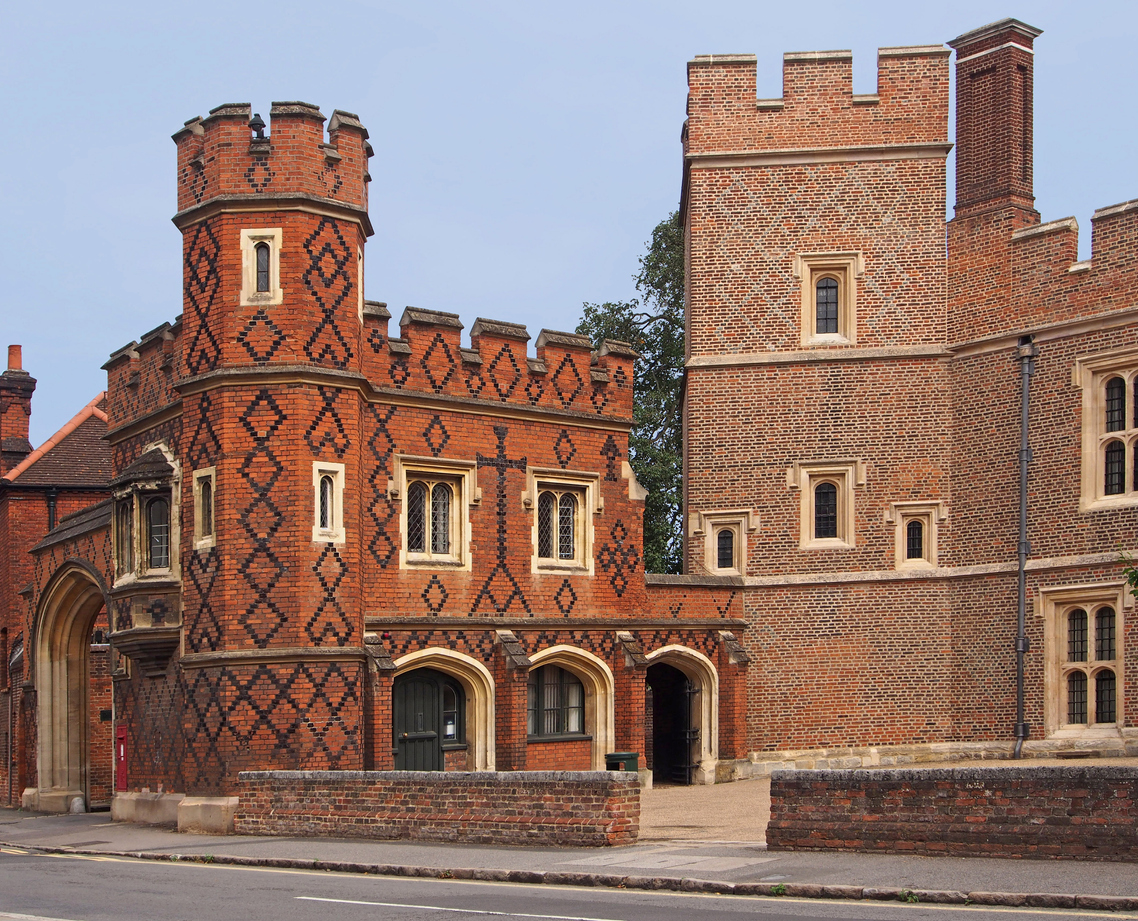After more than two years of deliberating, the Department for Education has finally approved a batch of new free schools, including three sixth-form colleges that will be funded and mentored by Eton.
This trio of academies will be opened in Dudley, Middlesbrough and Oldham – areas which contain some of Britain’s most deprived boroughs.
The Times has previously revealed that these colleges will all be ‘highly selective’ in terms of academic requirements, but will focus on recruiting pupils who live in particularly deprived areas or are on free school meals, to gear them toward the top universities.
Schemes like Eton’s are laudable, but they are little more than a sticking plaster on a blistering wound of a comprehensive system that destroys ambition
They have promised to blend ‘Eton’s educational philosophy and rigorous curriculum’, namely intimate seminar-style classes, with the ‘ethos and approach’ of their partner, a Lancashire-based educational trust already running 30 free schools and academies for which they have gained accolades.
No doubt these schools could transform the lives of youngsters lucky enough to gain a place, but claims they will ‘level up’ these areas, or even do much to revive meritocracy, are vastly overblown. The reason is that selection for these schools – and indeed other such post-16 colleges across the country – takes place at the end of Year 11.
Any applicants will therefore be judged on their GCSEs, which will be heavily impacted by the quality of their previous school. The impact of such colleges on social mobility will arguably be negligible.
The new Eton colleges won’t be able to make much difference when it comes to university applications either. Since the old AS levels were scrapped in 2015, GCSEs are now usually the only qualifications that universities can use to judge most applicants – which means it will be too late for most sixth forms to make a meaningful difference. Sixth forms hoping to remedy the rot at the heart of our schooling therefore face an impossible mission.
The government may be keen to promote the approval of this scheme as a success, but instead it has simply unveiled the outright hypocrisy of our laws, which successive Labour and Conservative administrations have failed to grasp.
Why is it possible to select by academic ability from age 16 and above, but not from 11 or 13 – as many European systems do – given that this is still early enough to turn things around for most children? It is still impossible to open Grammar schools in England, and there is a general prohibition on state funded schools selecting pupils.
The attack on grammars and academic selection, unleashed in the mid-1960s, was never about equality, but levelling a good thing for the sake of ideology. It was also a short-sighted attempt to throw red meat at a public frustrated with the many bright children who had not gained entry to grammar schools after the Conservatives failed to build enough to accommodate the post-war baby bulge.
Yet even despite these difficulties, by the middle of that same decade, on the eve of their destruction, grammar and direct grant schools were outpacing private ones in the battle for admissions to most elite universities. Is it any wonder that social mobility in Britain has dramatically declined in their absence?
Pro-comprehensive zealots across the political spectrum have always been quick to tout their concerns about the ‘sink schools’ that may emerge if academic selection were restored. They tend to ignore the plain fact that the vacuum erected in place of selection by ability is now filled with the position of selection by wealth and postcode.
Schemes like Eton’s are laudable, but they are little more than a sticking plaster on a blistering wound of a comprehensive system that destroys ambition.
Most British children, but especially working-class ones, are hindered by this country's anti-talent culture. Naturally, the elites responsible for these decisions ensure that their own offspring are sheltered from the consequences of their cowardly policies.
As Peter Hitchens highlights in his book, A Revolution Betrayed, the only volume to seriously interrogate this scandal in recent years, comps had worse academic outcomes than the much-maligned Secondary Moderns of yesteryear. This is despite the fact that these schools were the first, fumbling attempt at nationwide secondary schooling, and unlike comprehensives, were never intended to prepare children for academic qualifications.
In any serious country, the best education possible should be available to those who wish to pursue it, regardless of their background. In modern Britain, the opposite is now the case.







Comments